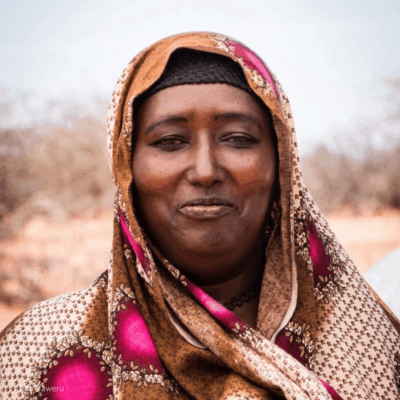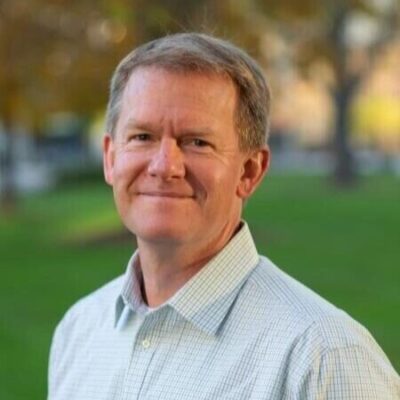Listeners:
Top listeners:
-
 play_arrow
play_arrow
118 | Kenyan Herders Say Judgement Against Them Based on Forged Signatures / Continuation of Episode 117
-
 play_arrow
play_arrow
117 | Surviving Survival Internatinal, Part 1: Kenyan Elders Call Foul on International Media, NGOs
-
 play_arrow
play_arrow
116 | From Ticking Time Bomb to Demographic Dividend: James Mwangi and Kenya's Great Carbon Valley
-
 play_arrow
play_arrow
115 | Unpacking Donald Trump's Very Weird Environmental Orders
-
 play_arrow
play_arrow
114 | Michael Greene: Carbon Cowboy or Lone Ranger? Part 1
-
 play_arrow
play_arrow
113 | The Future of Environmental Finance: Strategies for Biodiversity and Climate Solutions, with David Hill and George Kelly
-
 play_arrow
play_arrow
112 | Fantasy Football and Dynamic Baselines: New Tools for Impact Assessment
-
 play_arrow
play_arrow
111 | The False Dichotomy Between Reductions and Removals (Rerun)
-
 play_arrow
play_arrow
110| Ecological Economics, Systems Thinking, and the Limits to Growth
-
 play_arrow
play_arrow
109 | How Brazil's Quilombola Communities are Planting the Seeds of Sustainability for Small Farms Around the World, with Vasco van Roosmalen of ReSeed
Transcript
Have you ever heard of a company called Marfrig Global Foods? How about JBS?
Hint: JBS is named after “Jose Batista Sobrinho”, a Brazilian rancher who’s something like the Oscar Meyer of Brazil, only much bigger.Yes, JBS and Marfrig are two of the world’s largest meatpackers, and you’ll find their products in Walmart and McDonald’s in the United States, Marks & Spencer in the United Kingdom, Albert Hein in the Netherlands… but usually with someone else’s name on it.
Both companies grew at the expense of the Amazon Biome, which which farmers have been chopping to grow soy and graze cattle. That started in the 1950s, and it accelerated for decades — until about ten years ago, when consumer-facing companies like the ones I just mentioned started getting pressure from their customers, thanks to environmental groups like Greenpeace and others – and that led to something called the “Cattle Agreements”, which are a set of voluntary commitments to stop buying from any farms that either chop forest to graze cattle, use slave labor, or graze on indigenous or protected lands.
The Cattle Agreements came three years after grain companies like Cargill and Louis Dreyfuss agreed to a similar moratorium on soy products from the Amazon. More recently, something like that started happening in Indonesia as well. There companies like Wilmar and Asia Pulp & Paper started changing the way they buy their pulp, paper, and palm – often in cooperation with competitors.
All of these initiatives have two things in common: they involve the big four commodities that drive most of the world’s deforestation – namely, cattle and soy in Brazil and palm and pulp & paper in Indonesia – and they’re largely led by the private sector, usually in response to NGO pressure, and only rarely in coordination with government agencies. Indeed, about 500 companies have pledged to reduce their impact on forests, according to the Forest Trends Supply Change initiative, which tracks corporate deforestation commitments relevant to the big four commodities.
But what about the governments? After all, both Indonesia and Brazil have created detailed climate action plans, and both of those efforts involve saving forests. That matters, because deforestation generates between 15 and 20 percent of the greenhouse gasses that man is responsible for emitting, and these two countries account for about 40 percent of the world’s deforestation, according to a new report called “Collaboration Toward Zero Deforestation: Aligning Corporate and National Commitments in Brazil and Indonesia”, which looks at the ways government and the private sector are – and are not – cooperating to reduce greenhouse gasses from deforestation.
Created jointly by Forest Trends and the Environmental Defense Fund, the report identifies more than a dozen initiatives, some led by NGOs or the private sector, others led by governmental agencies, and most existing in their own silos instead of working together in unison. Today’s guests: the authors of that report: Brian Schaap of Forest Trends and Breanna Lujan of Environmental Defense Fund.
Episodes
117 | Surviving Survival Internatinal, Part 1: Kenyan Elders Call Foul on International Media, NGOs
April 13, 2025
116 | From Ticking Time Bomb to Demographic Dividend: James Mwangi and Kenya’s Great Carbon Valley
February 25, 2025
115 | Unpacking Donald Trump’s Very Weird Environmental Orders
January 27, 2025
114 | Michael Greene: Carbon Cowboy or Lone Ranger? Part 1
December 6, 2024





